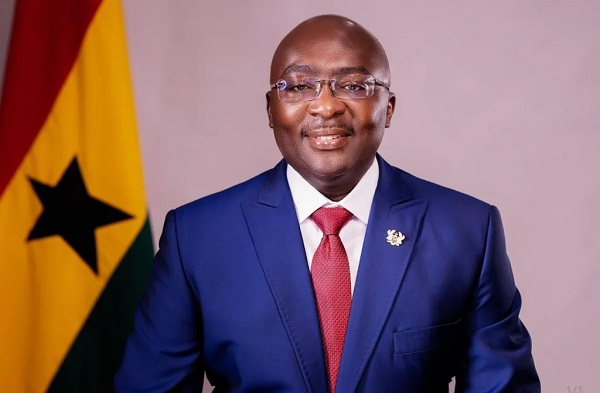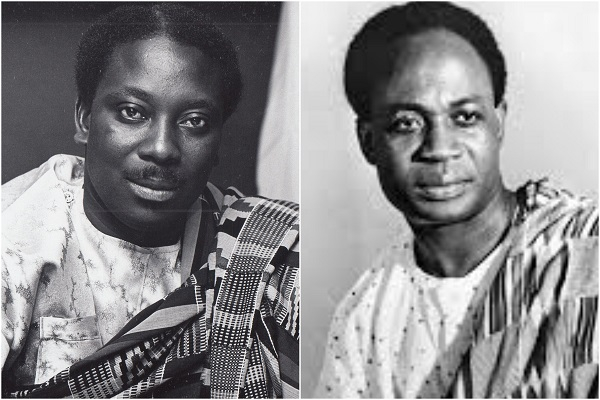Bruce Springsteen unlocks his lost albums: What he chose not to release, until now - The Economic Times
Springsteen grew up in the era of vinyl LPs, not playlists that can be shuffled. For him an album is "a cohesive group of songs, basically, that end up being greater than the sum of their parts," he said. "They resonate off of one another, creating altered meanings and meanings in reflection with the other songs."
A record, he added, "is exactly what it says it is. It is a record of who you are and where you were at that moment in your life. These were actual albums that were of a piece, of a moment, of a genre -- that fell together, often while working on other albums."
As he's been preparing this extensive look back, the 75-year-old musician, well aware of his longtime role as a symbol of America, has also been confronting the political present.
During his current tour of Britain and Europe, Springsteen has given recurring, forthright speeches onstage, and released them immediately online in a six-track EP. Introducing songs like "Land of Hope and Dreams," about immigrant aspirations, and "My City of Ruins," about urban neglect, Springsteen has been directly denouncing the Trump administration as "corrupt, incompetent and treasonous," and warning about "an unfit president and a rogue government." Before the tour, I visited Thrill Hill. "Welcome to the House of a Thousand Guitars," Springsteen said with a chuckle. It's a long, sunlit shed holding a 64-track console and orderly rows of guitars, drums and keyboards, directly attached to a garage full of shiny cars and motorcycles. The walls of the studio entrance are lined with framed outtakes from the photo sessions for "Born in the U.S.A." that show him clowning around with saxophonist Clarence Clemons, who died in 2011. A whiteboard listed song titles from an album in progress by E Street Band member Patti Scialfa, Springsteen's wife. I asked to see "the vault" -- his recorded archives. It's just a nondescript server in a closet, but it holds terabytes of digital files. His master tapes, from back in the analog era until now, remain in a secure Iron Mountain storage facility.Springsteen was still choosing a tour set list. He wanted one "that addresses our current situation," he said. "It's an American tragedy."
Wearing a long-sleeve khaki T-shirt and camouflage pants, Springsteen spoke about his career as the sum of impulses, intuitive choices and a determination to stay productive -- far from a master plan. "I kind of work from the inside out," he said. "I don't have a concept before I make a record or anything. I'm just working on what I'm feeling at a given moment. And that can go anywhere."
He has gone through yearslong stretches of not writing songs at all, he said. Then he has written whole albums in a matter of weeks. "I'm a soul miner," he said. "So I'm down in the mine and I'm chipping away. And very often I'm getting nothing, nothing, nothing -- more often than not. Nothing, nothing, nothing. And then you hit a vein. And when you hit that vein, Bang! Things come pouring out. And you've struck some gold, musical gold. And then you'll play through that vein. And then you're back. Nothing, nothing, and you're looking for another vein."
It's a job that he still doesn't control. "Nobody can explain that moment when you breathe life into the characters in your music, in your songs," he said. "It comes up deeply from your subconscious and your life experience. And the alchemy of that moment remains a mystery of the mind, soul and heart."
For "Tracks II," Springsteen and Ron Aniello, his producer and multi-instrumentalist sideman since 2010, optimized the sound quality and occasionally added instrumental parts to the old recordings. But Springsteen "didn't re-sing anything," Aniello said in a later telephone interview. "All those records have those vocals from that era, whenever it was."
Six of the so-called "lost" albums were drawn from studio projects that delved into particular styles: low-fi, country, Mexican ranchera, retro pop. The seventh album, "Perfect World," is a ringer. It's a compilation of rock songs that Springsteen recorded from the 1990s into the 2010s, included to give longtime fans the meaty rock they expect from the Boss. One of its songs, "Rain in the River" -- a stomping murder ballad -- has some of the most primal vocals of his entire catalog.
The bulk of "Tracks II" grows out of Springsteen working solo, as a one-man studio band, as he has since the 1980s. He'll record with a rhythm track, "basically a drum machine of some sort or maybe just a click, an acoustic guitar and my voice," he said. "Then I run around and I play all the instruments. I play the keys, I play bass, I play the guitars, and the synthesizers -- just to see, to give me an idea."
"If he's doing a demo, it's done in an hour," Aniello said. "It's like, 'I'll try a piano, I'll throw this in,' and it's all just one take. It's all very messy. He's not going for takes -- there's plenty of time for that later."
The earliest recordings on "Tracks II" are "The L.A. Garage Sessions '83" -- sparse, lo-fi songs that Springsteen recorded by himself, using a drum machine. Since many fans have heard them on bootlegs through the years, he didn't change anything. The songs retain the skeletal approach of "Nebraska," and the lyrics conjure a new collection of haunted, left-behind characters. But instead of releasing those sessions at the time, Springsteen chose to go big. He put out the arena-scale rock hits of "Born in the U.S.A.," the songs that made him a superstar.
"I can remember how in flux I was at that moment," he said, "and how ambivalent I was about 'Born in the U.S.A.,' and whether I wanted to go in that direction and put that out next." Now, he noted, he's glad he did.
Assembling "Tracks II" began in 2018, when Springsteen decided to revisit the tracks that became "Somewhere North of Nashville." They're twangy, upbeat, often comic songs; one, "Delivery Man," is about a truckload of chickens gone awry. Surprisingly, the songs were recorded while Springsteen was making "The Ghost of Tom Joad," his somber 1995 album about marginalized people struggling to get by in California.
By day, Springsteen and a small band romped through live-in-the-studio takes of the songs on "Somewhere North of Nashville." Then, after a dinner break, they worked on the "Tom Joad" songs by candlelight. Marty Rifkin, the pedal steel guitarist who's front and center on "Somewhere North of Nashville" and eerily atmospheric on "The Ghost of Tom Joad," recalled, "It was a beautiful thing -- both smiling all day and feeling for the characters he wrote about at night." He added, "During the day, I had to really dig in and hit the gas pedal hard. And then at night it was the complete opposite."
The songs on "Inyo," from mid-1990s sessions, would have been a folky sequel to "The Ghost of Tom Joad." Some are openly modeled on Mexican styles and had Springsteen researching history; in a few, a full mariachi band suddenly arrives. "When I went to California, obviously there was a large migrant culture," Springsteen said. "I was interested in the history of it, because I felt that this is the future of the United States -- which it has become."
Through the entire collection, one theme keeps reappearing: the inescapable shadow of the past. It's in "Richfield Whistle" on "The L.A. Garage Sessions '83"; it's in the elaborately orchestrated "High Sierra" on "Twilight Hours." Pausing for a moment, Springsteen said the idea reflected his lifelong closeness to his hometown, Freehold.
"I still live 10 minutes from my hometown," he said. "In Freehold I know the mayor, I know the priest at St. Rose of Lima, I know the guy who runs the diner. I still feel, at this late date, very connected to the community and people I grew up with."
He added, "Something I've carried with me my whole life -- you do have a certain survivor's guilt. Maybe it's just the success you've had -- your ability to leave those places, as I have throughout my life, and travel the world. But that's always there hanging beside you."
And even as he looks back into his catalog, he's looking ahead to new songs. "I'm a better man when I'm working," he said. "I feel like I've got plenty of work left in me, and our band does too. Our band's in great shape, and we carry on."
This article originally appeared in The New York Times.
Read More News on
Read More News on
Stories you might be interested in








